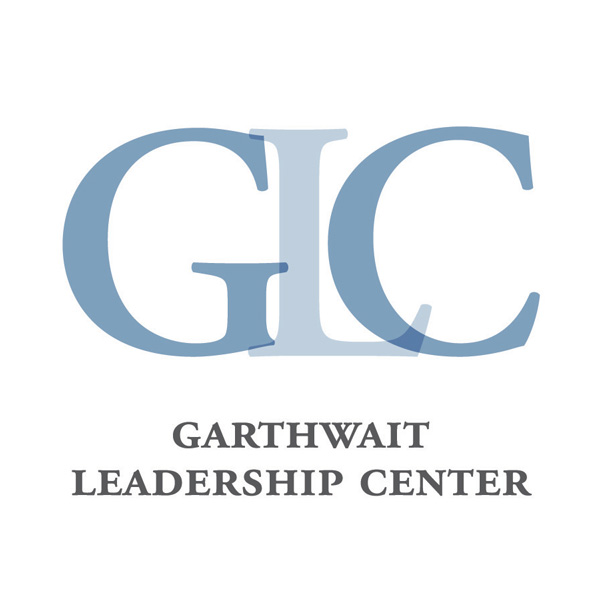
Welcome to the February edition of the GLC Executive Director’s Newsletter.
This weekend we will host our annual Emerging Leaders Retreat for nearly 100 students, empowering them to recognize their potential for leadership and their responsibility to serve. We will use this opportunity to also celebrate Black History Month by highlighting words of wisdom from 10 inspiring black leaders. View the quotes.
The Emerging Leaders Retreat is one of my favorite days of the year because of the “light bulb moments” I see when a first-year student realizes leadership is not always defined by a position or a person, but instead by a process that engages a group toward a common goal. It still amazes me—even today with prevalent youth leadership movements—how often students must redefine their traditional notions of leadership before they can see themselves as having the capacity to lead others. At the GLC, much of our work starts with debunking prevalent myths that define leadership as power—power in which only formal leaders have.
What if our society truly expected leaders to share power rather than solely exercise it? I appreciate this quote from American social theorist Mary Parker Follett who championed this idea more than a century ago:
“Leadership is not defined by the exercise of power but by the capacity to increase the sense of power among those led.”
There is no question that power is a present element in the leadership process. In their seminal work, social psychologists John French and Bertram Raven provided useful ways of thinking about the Five Bases of Power leaders can draw from to influence others.
- Coercive: The ability to force others to do something.
- Reward: The power to incentivize behavior offering something of value.
- Expert: The access to valued, in-depth information, knowledge, or expertise.
- Referent: The capacity to engage and attract others based on personality or charisma.
- Legitimate: The power generated through a formal position or role.
Another way to use power is to share it. Sharing leadership is not easy because it requires trust, vulnerability, and inclusivity, but it can also inspire commitment, address complex challenges, and yield creative results. As you approach your leadership practice, I encourage you to consider sharing your power with others. Empowerment is a potent force that can enable your team to better achieve its shared goals. I also suggest that we remember this important note from the talented American writer and social activist Alice Walker: “The most common way people give up their power is by thinking they don’t have any.”
Thank you for reading and for your continued support of the GLC.
Best wishes,
Andy
By Staff
Posted: 03/05/20